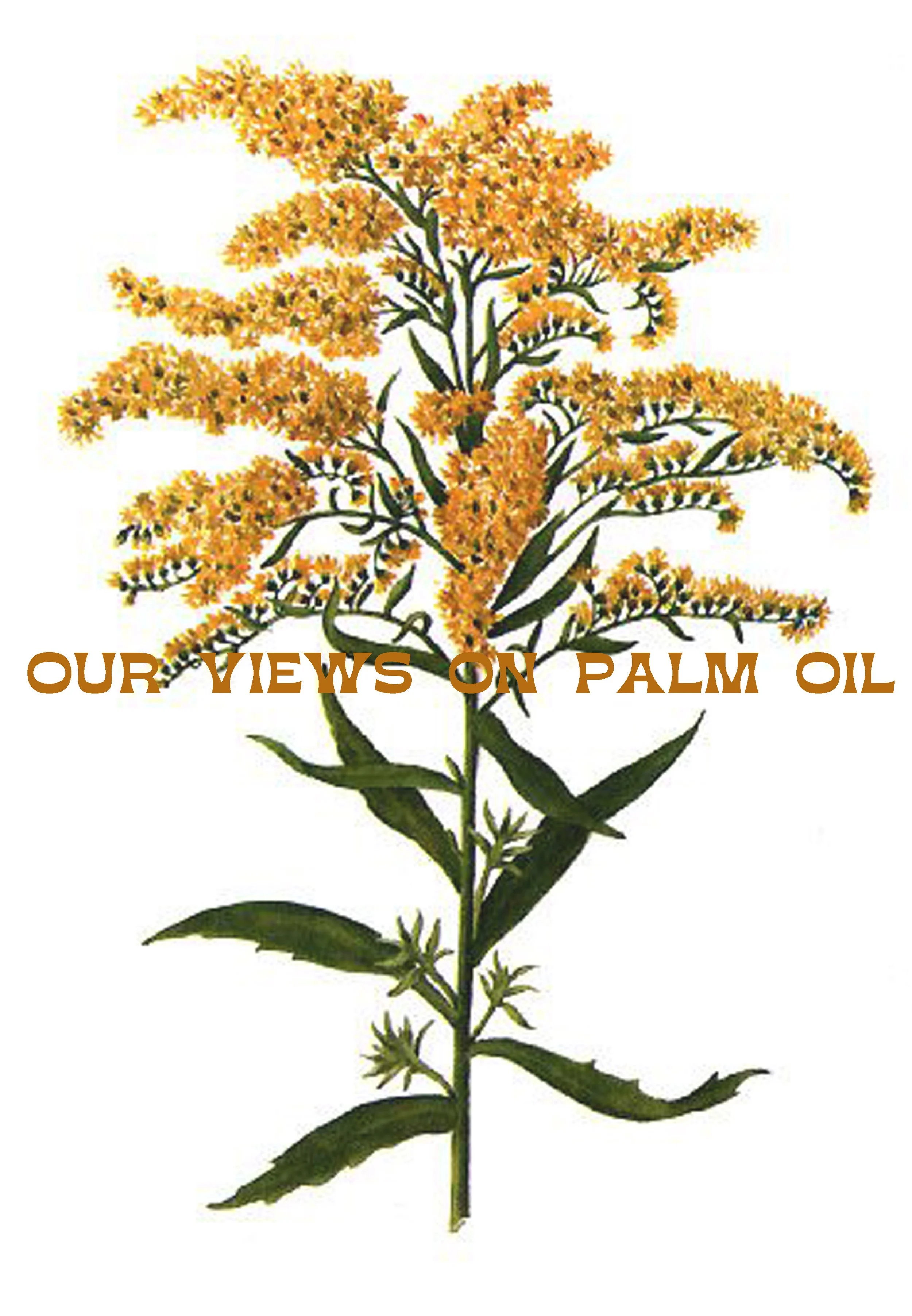Our Views On Palm Oil
We use only RSPO certified sustainable organic palm oil in our soaps. We understand that for some people, certified sustainable palm oil simply isn't enough. If you prefer to use soaps with zero palm oil, no exceptions, we understand and respect your decision. If this is the case, our soaps might not be for you. But if you’re curious about why we choose to use sustainable organic palm oil, please read on.
We are organic farmers, and after having done much eye opening and gut wrenching research on the plight of orangutans, the clear cutting of rainforests, and other devastating issues that surround palm oil production and palm growing techniques, we have come to two conclusions:
1.) The conventional palm oil industry IS doing massive damage to our environment.
2.) We desperately want to support the hardworking organic + sustainable farmers who are trying to change this cycle of destruction.
We subscribe to the notion that it isn't palm oil per say that is the problem, it is the troubling techniques of growing such high amounts of conventional palm that are to blame. We believe that by doing our part to educate farmers and supporting communities who put their livelihood on the line to produce a more expensive, more time consuming product, we are helping to increase the demand for plant based oils grown using environmentally minded, future-forward practices. We are willing to pay extra for it, providing farms and families with much needed income in locations where it is easy (and often essential for survival) to bend to the pressures of conventional palm production.
We believe that simply by decreasing demand for palm oil these harmful practices will not disappear. The economies of supply and demand are such that another oil will simply take palm's place and the questionable, destructive, and harmful growing practices that once were associated with palm oil could easily become associated with a different oil. In fact, palm is the most efficient oil on the planet to produce. Compared to coconut palms, it requires just 25% of the land and water to produce 1L of palm oil, versus 1L of coconut oil. It is for this reason we choose not to boycott palm oil completely, which we believe would simply shift these troubling effects of conventional growing to a different oil. Instead we wish to contribute to a healthier economic change from the ground up. Supporting farmers who are trying to make that change, and who may not have another livelihood alternative.


